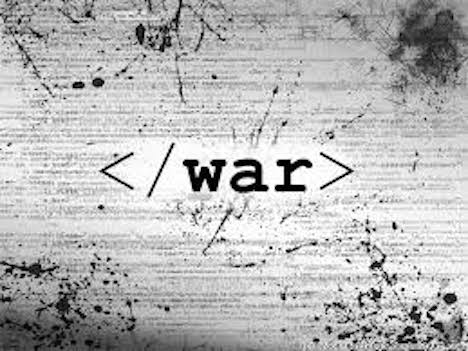Jack London's piece, War, is a Civil War era fictional story in which London expresses his attitude towards war, which is that of herd mentality versus humanistic emotions when man has no outside influences. London captures the irony of human emotions and decisions precisely through the interactions between a scout and an enemy soldier, a man with the ginger beard. Stopping at a river to rehydrate, the scout spots an enemy soldier, pulls out his carbine, and aims the gun at him. However, he feels sympathetic to the ginger-bearded man, seeing laughter wrinkles on his face, he decides against shooting him. After he holsters his carbine, the ginger-bearded man fills his canteen and moves on. Later, the ginger-bearded man and his compatriots arrive at the same location of the scout. As the group of enemy soldiers create a hailstorm of stressful bullets, the ginger-bearded man takes his aim cooly and carefully and kills the scout. Jack London expresses his mindset of war in this novel, which is that war brings out the worst in people. War is the medium in which humans can express their brutality. Individually, the scout has the capacity to remove himself from the war mentality and focus on basic human emotions such as empathy and concern. However, ruthlessness becomes emphasized when soldiers fight in groups. After the man had shot the scout the group laughed at his death, because he was in herd mentality. Herd mentality can blind the man to compassion, which is the exact result of war. Marcus John is a student in a Jesuit-run high school in California, operated by the California Province of the Society of Jesus. |
